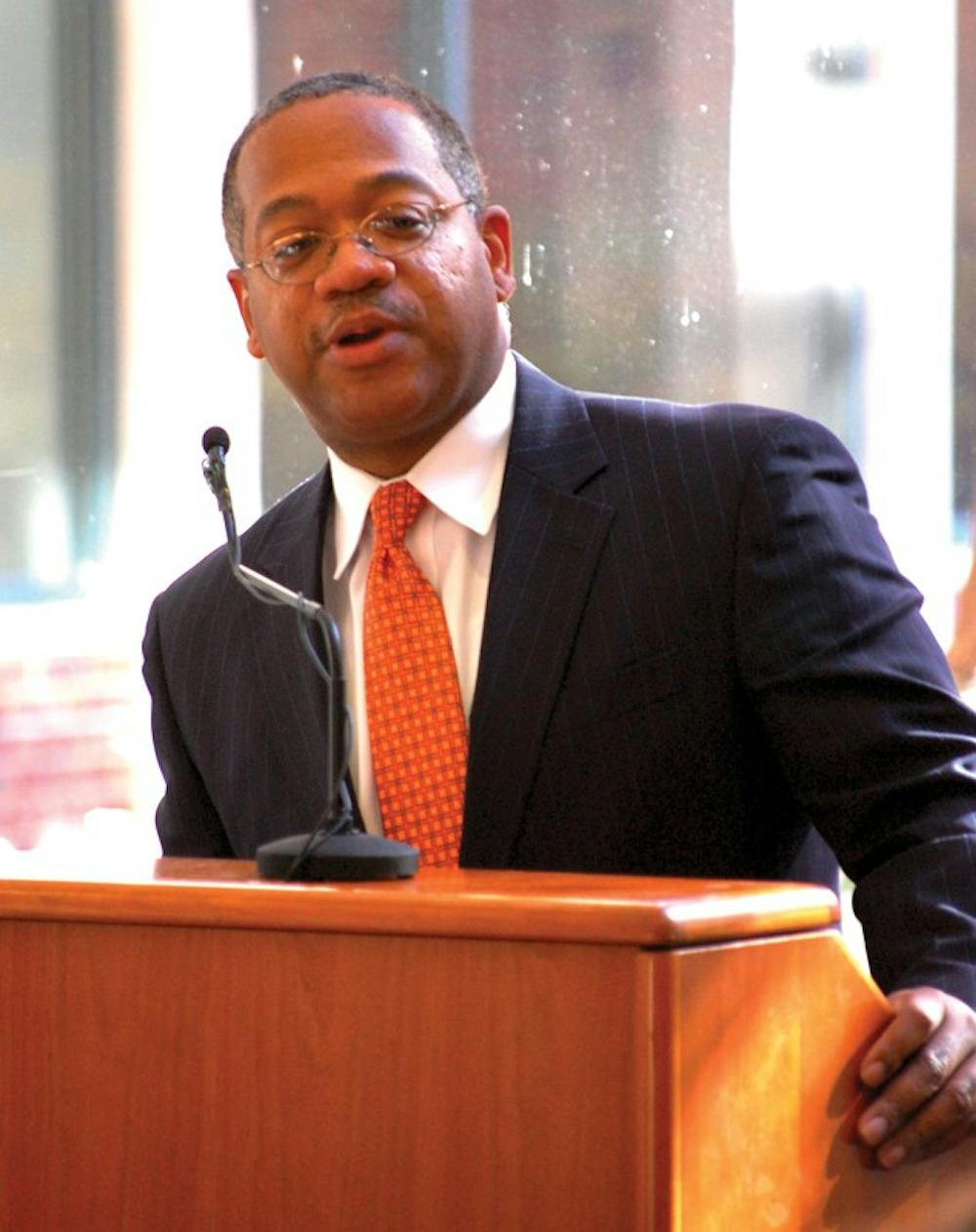A number of high-profile speakers, including two Virginia Supreme Court justices, participated in a three-day conference at the Law School this weekend about increasing diversity in the legal profession.
Justices Cleo Powell and S. Bernard Goodwyn spoke of the importance of diversity and the need to foster a culture of trust and respect for the law in upcoming generations.
Powell - the first black female justice in the history of the Virginia Supreme Court - spoke of her love of mentoring and guiding younger students, many of whom come from underrepresented backgrounds, to prepare them for the future.
Elementary and middle schools are the "most fertile ground for creating diversity," Powell said. She noted that a lot of children with whom she works have a basic distrust of the law because their first experience with it may not be a positive one.
Powell said her understanding of underprivileged children stems from struggles she experienced as a youth. Her father dropped out of school in the seventh grade to help support his family. Her mother dropped out in the 10th grade and married at 16.
"When I started school, schools were segregated, and until the fourth grade I went to a segregated school," she said. "I don't recall anyone asking me 'what do you want to be when you grow up?'"
Powell added that the best way to help disadvantaged youth and encourage diversity is to engage them, to give them advice based on one's own life experiences.
"The pipeline is rich with young people who need some direction," she said. "A candle loses nothing by lighting another candle. I encourage you to light another candle."
Goodwyn spoke of America as "the greatest nation in the world not because of the artificial barriers that divide us but because of our rich and diverse culture."
Because of this diverse culture, Goodwyn said, a diverse judiciary is essential to the delivery of impartial justice.
"Individuals with different backgrounds having different life experiences and talents bring different ideas to the table," he said. "This creates a larger pool of experiences and ideas to consider in analyzing and solving the complex issues presented in our legal system."
Alex Johnson Jr., director of the Center for Study of Race and Law at the Law School, organized the conference at the request of the state bar's diversity committee.
"We wanted to raise the salience of the issue of race, that even though, clearly, law school and the bench and bar are more diverse than they were ... we still have not gone far enough," Johnson said.







